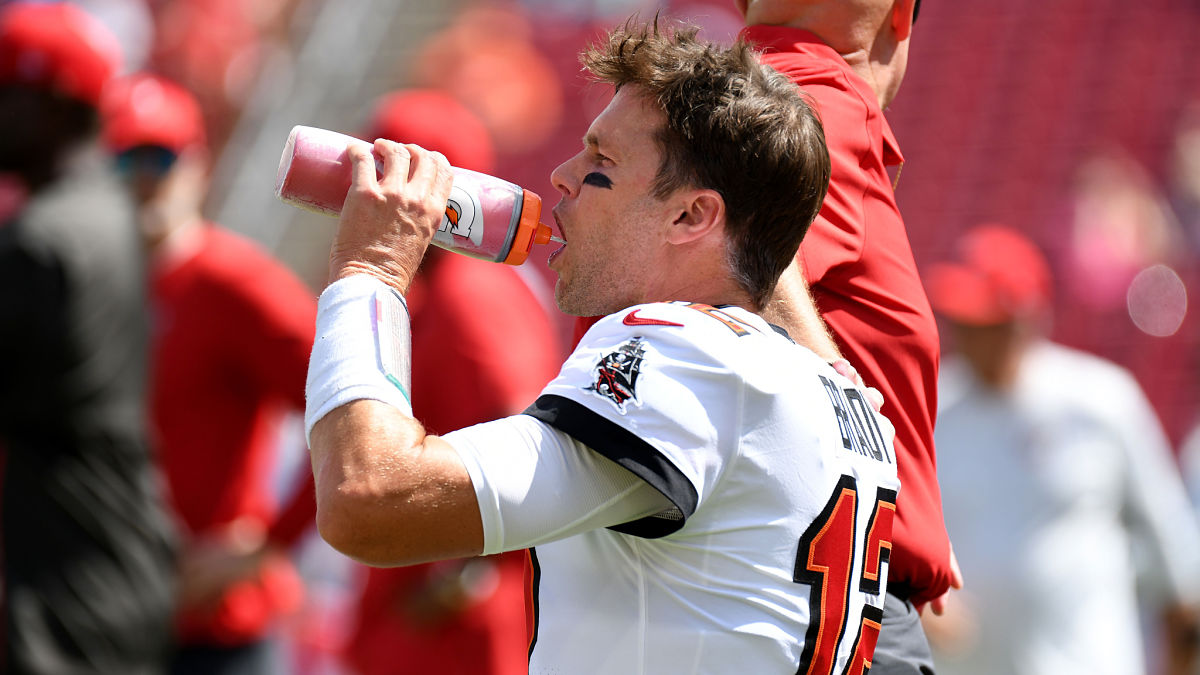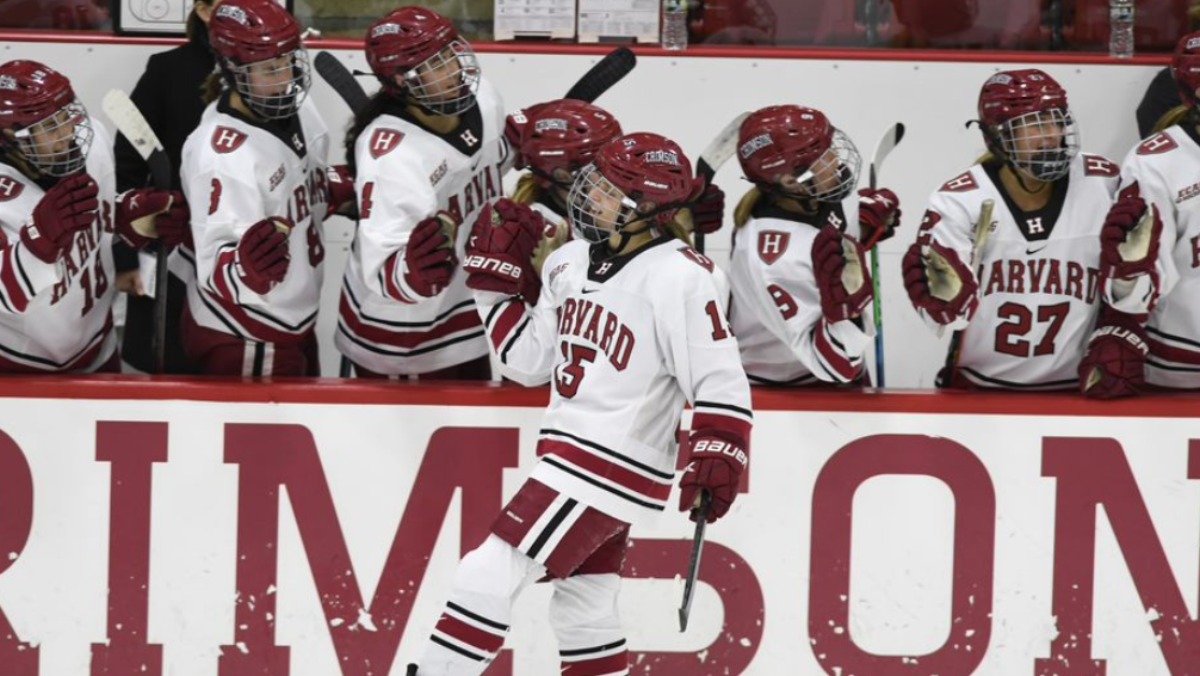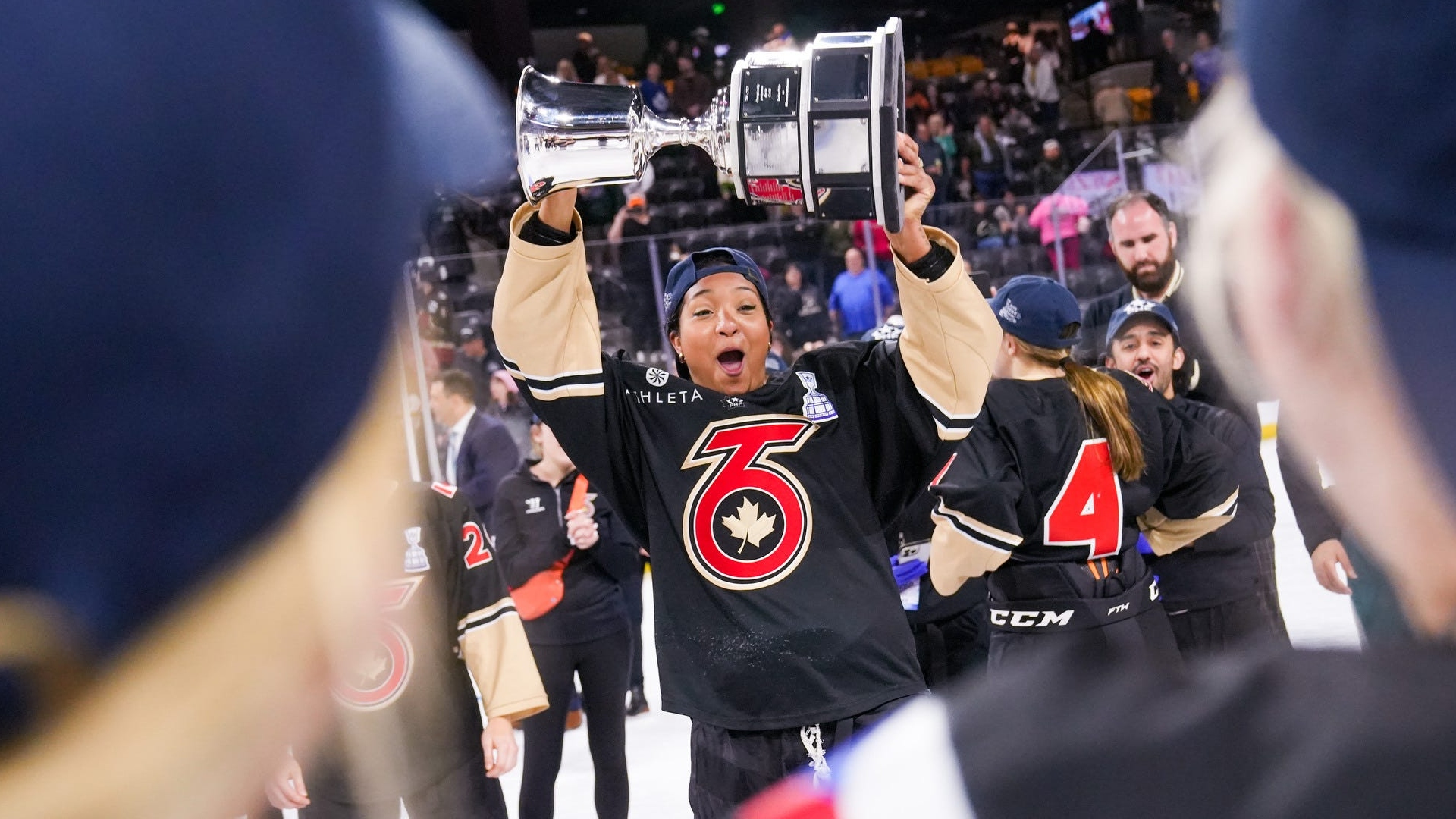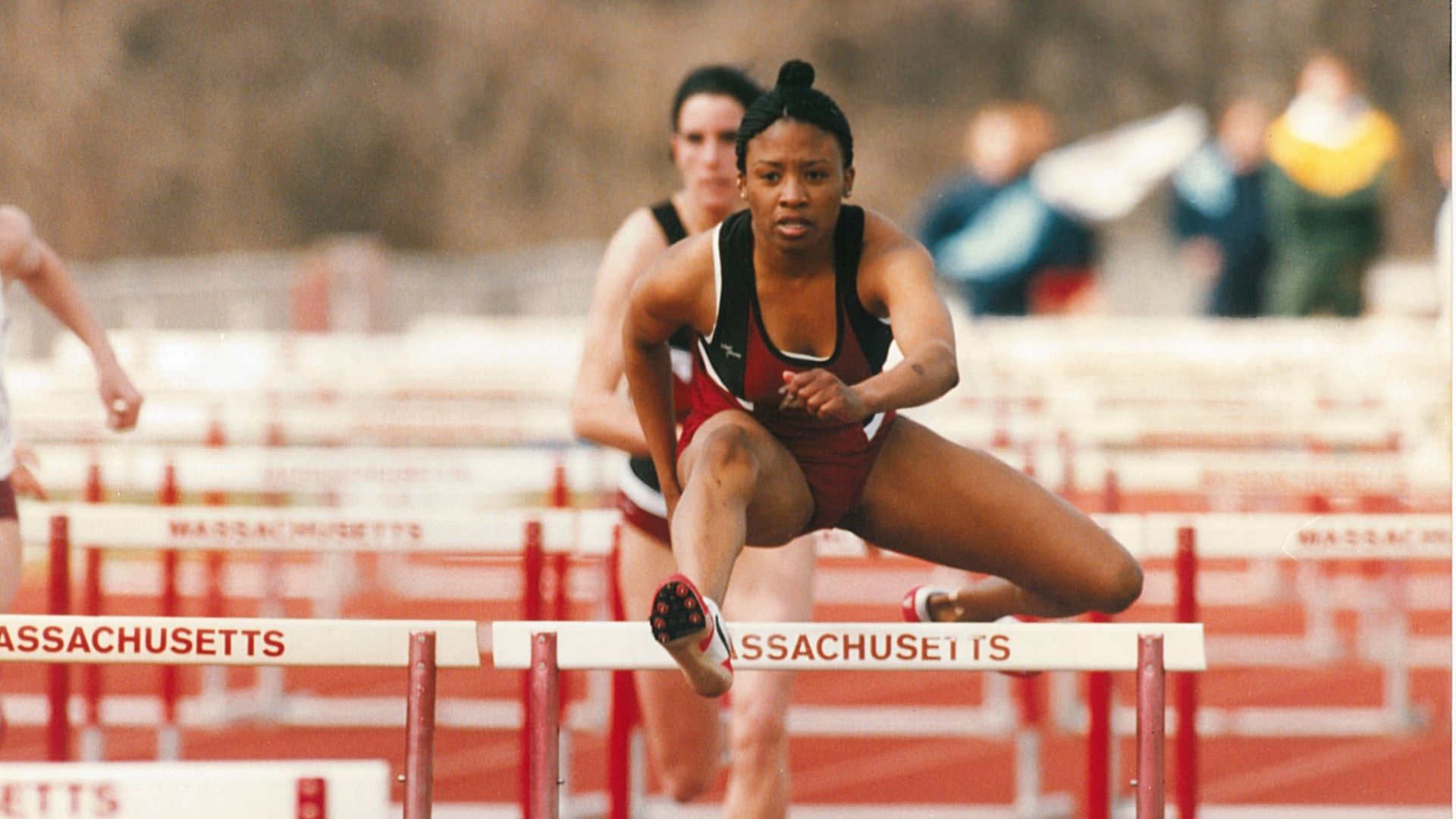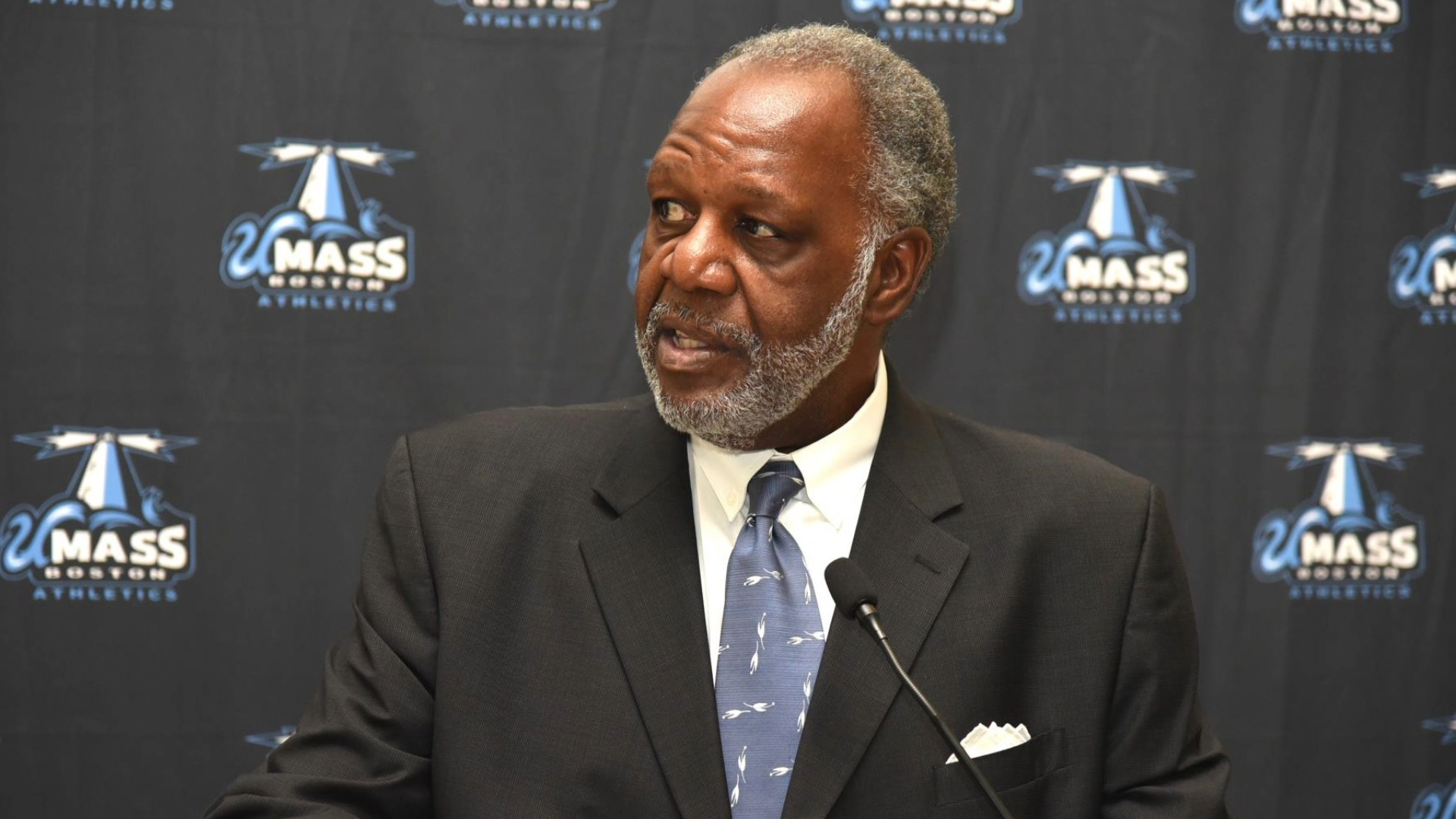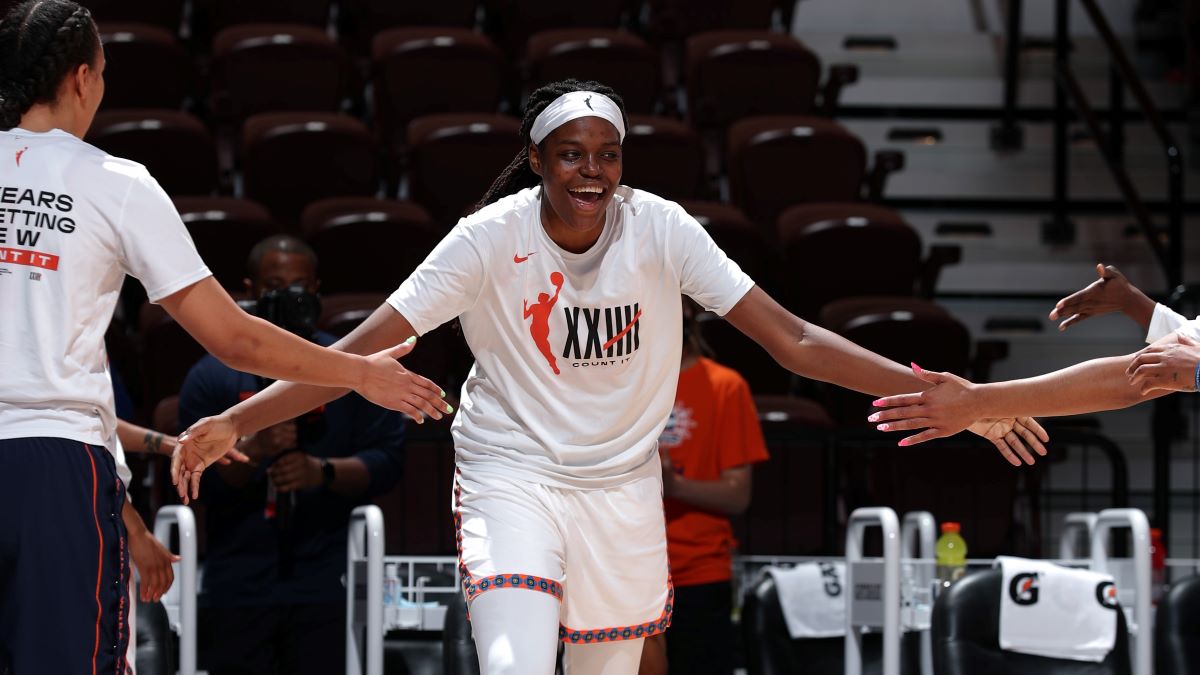Throughout the month of February, NESN and Berkshire Bank are proud to celebrate Black History Month -- honoring the many accomplishments and achievements of African Americans in New England sports. To see all the great stories celebrated on NESN, visit NESN.com/BlackHistoryMonth.
Perhaps it's fitting Willie O'Ree didn't know he had made history when he became the first Black player to appear in an NHL game. After all, history needs time to work its magic.
Although O'Ree blazed that icy trail on Jan. 18, 1958, the sports world has taken generations to fully appreciate the significance of his brief presence in the league. He posted modest stats in the two NHL seasons he played, both of which he spent with the Boston Bruins (1957-58 and 1960-61). However, he also paved the way for future players of all stripes to chase their hockey dreams and continues to inspire players to do just that.
O'Ree didn't realize he was the NHL's first Black player until he read about it the next day in a newspaper. Hockey, and the rest of the world, barely celebrated him in the following years: He toiled in relative obscurity on and off the ice for the next 40 years, as the NHL didn't commemorate his achievement formally until 1998.
So what changed?
Well, the world did, in a sense, and its sports reflect shifts in perceptions of the role race plays in the lives of those who live, work and play in the United States and Canada. O'Ree's rise from relative obscurity to legendary status -- the Bruins retired his No. 22 jersey last month, and U.S. President Joe Biden signed legislation awarding O'Ree with a Congressional Gold Medal into law Monday -- is unique in that it has taken place 60-plus years after he made history and 50-plus years after he last skated in a professional game.
The ongoing so-called "reckoning" with race in the United States and Canada certainly has something to do with the fierce urgency of O'Ree, 86, receiving his long-overdue flowers.
Are the U.S. government and NHL community trying to make up for overlooking a person many describe as "the Jackie Robinson of hockey" for so long? Maybe.
Or could it be institutions like these recognize how far societies on both sides of the U.S.-Canada border actually are from solving their respective race problems? If that's the case, promoting O'Ree's work in the fields of diversity, inclusion and mentorship might be more important to the goal of bridging racial divides than celebrating his historic appearances with the Bruins of yesteryear. After all, he represents aspects of the past, present and even future of race in sports.
Hockey still must progress in diversity and inclusion, as recent racially charged incidents in the AHL and ECHL -- which The Boston Globe's Matt Porter noted in his latest "Sunday Hockey Notes" column -- remind us all.
Former NHL player-turned-TNT analyst Anson Carter, who is Black, put it succinctly.
"We're not asking for much," Carter said, per Porter. "Players of color just want the game to love us as much as we love the game."
North America still must progress in diversity and inclusion.
Retiring the ever-graceful O'Ree's No. 22 across the NHL would take things to another level, benefitting generations to come.
